


We hope that under the new government, our country can have clean air, water and food. We hope that officials can stay clean. We hope our children can have equal access to education and a fair shot to succeed. We hope for a sense of security, entrepreneurship and a fair competitive environment. In short, we hope that the people of this country will feel happy, and that the government will stand foremost for ensuring that happiness.
For this special feature, we look at nine pressing issues on the minds of many Chinese. Economic Observer journalists have written nine letters to relevant government ministries with their expectations and suggestions on behalf of concerned citizens.
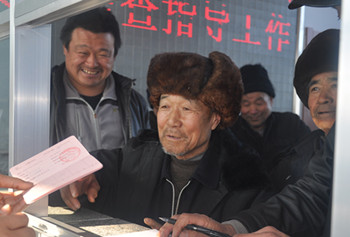
To the Ministry of Civil Affairs,
According to data from a 2013 report, as of the end of 2012, the elderly population over the age of 60 in China reached 194 million, accounting for 14.3 percent of the total population. In fact, as early as 1999, China had already become an aging society, with the population over 60 reaching 10 percent that year.
I’m in my early 30s and my parents are also about to reach 60. As time goes on, I’m getting more and more worried. Read more
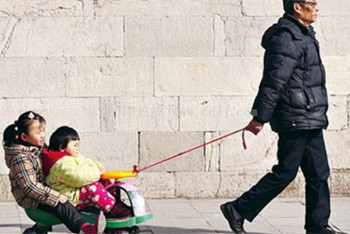
The one-child policy has achieved its population control goal over the past three decades by preventing 400 million births. Now, population growth in China is easing, with data from the Sixth National Population Census in 2010 showing that the fertility rate is 1.5 percent - well below the 2.1 percent needed to sustain the current population.
The major issues sprouting from China’s population are no longer related to fast growth, but rather from the low fertility rate, the aging population, skewed sex ratio at birth and the disappearance of the demographic dividend of working age people we’ve enjoyed the past several decades. Read more
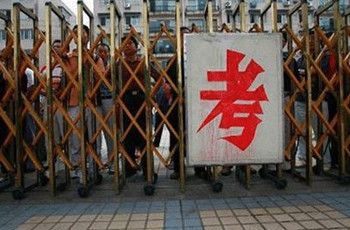
To the Ministry of Education and Ministry of Public Security,
With the development of urbanization, widespread migration has become the norm in China. However, basic public services are still bound to the household registration system (hukou), which has caused a lot of problems for the freedom of movement.
Take education as an example. Since the college entrance examination is tied to the household registration system, migrant children receive education locally where their parents are working, but have to return to their hometown for examinations. With differing provincial standards, this puts them at a competitive disadvantage. Read more
-

In recent years, the leaking and selling of personal information in China has become a serious problem. A certain number of apps and games scan their users’ personal information without authorization and upload it to their servers. If users want to use their applications, they have no choice but to accept default installation conditions. Read more
-
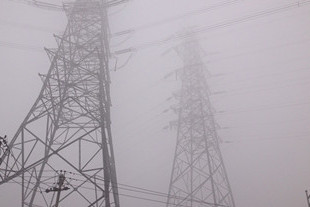
The year 2013 began with stressful smog. People are experiencing environmental hazards in their everyday life. The pollution problems are becoming complex and inter-regional. You know the situation is extremely bleak. Last February, you declined to disclose data and survey methods regarding national soil pollution, claiming it was a “state secret.” This has certainly brought heckles since today people are more and more aware of the environment and their own rights. We demand open and transparent information. We demand concrete laws on the environment. Read more
-
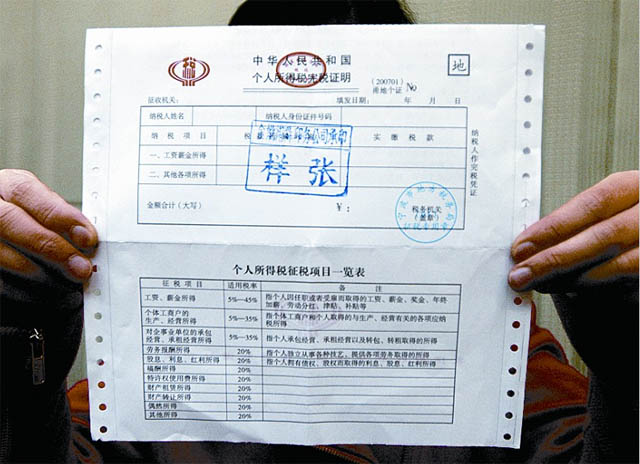
In recent years, the central government has been carrying out tax reduction policies. It has raised the threshold for which taxes are increased on individual income and on small and very small enterprises. Transforming a corporate tax to a value-added tax will be a major task of reform in the next few years. It’s expected to be fully implemented by 2015. In 2012, the new policy brought more than 400 million yuan in tax cuts in pilot areas, and the number is expected to reach 200 billion yuan in 2013. Read more
-
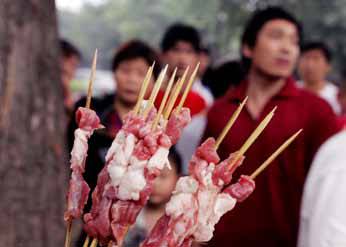
Compared to drug safety, what worries the public most is food safety. Previously, several different departments were accountable for food safety as it made its way from the farm to being served on the table. However, the situation has changed since regulation has been consolidated under the jurisdiction of the newly-formed State Food and Drug Administration.The public is looking forward to seeing what you will do to safeguard food safety. Read more
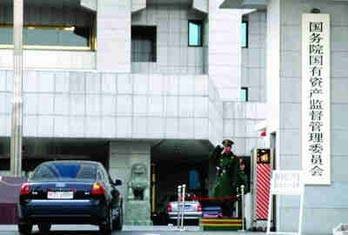
To the State-owned Assets Supervision and Administration Commission of the State Council,
Congratulations on your forthcoming 10th anniversary! Established in 2003 on the principle of separating government administration from enterprise, SASAC supervises and manages state-owned assets and guides the reform and restructuring of SOEs.
As you represent the state investors, it’s perfectly understandable that you pay so much attention to SOEs' profit margins and state-owned assets. But we expect more; especially when everybody is talking about opening up the energy, resources and telecommunications industries. Read more
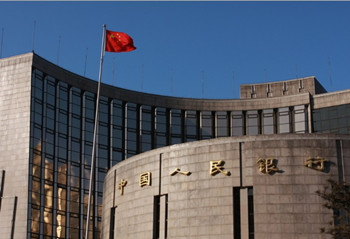
To People’s Bank of China,
Data shows that if we take the U.S. dollar’s degree of internationalization as the standard 100, then the degree of internationalization of the Euro would be nearly 40 and the Japanese Yen 28. But the RMB is only 2.
Although the RMB is one of the world’s five major currencies in terms of money supply, it’s the only one of the five that’s not an international currency. It cannot be freely converted, nor achieve higher financial assets trading efficiency. This doesn’t match China’s current global economic status. Read more